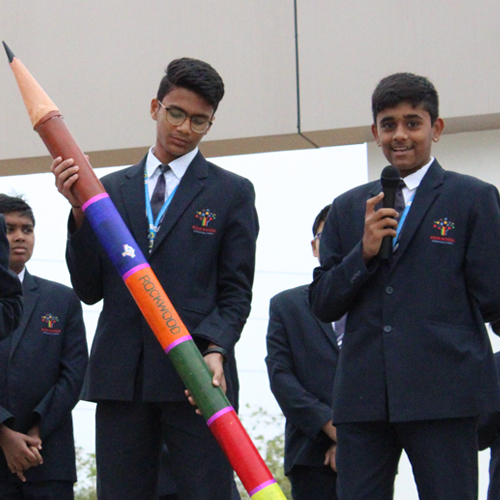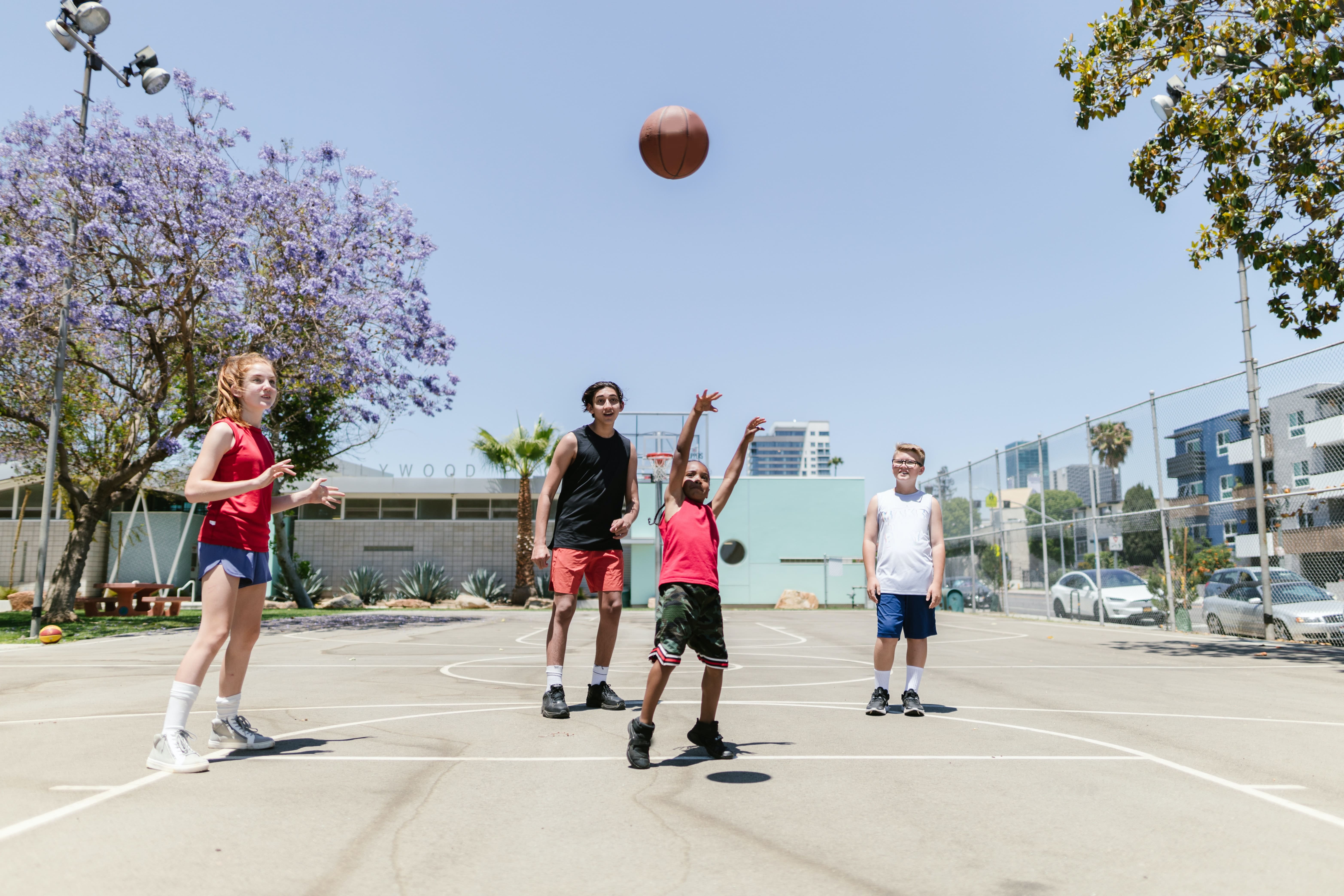Games and sports in physical education
Despite the increasing popularity of desktop video games or the snake game on our parents' Nokia bricks, we played lagoon or Kabbadi during our lunch breaks or Physical Education (PE) classes.
The global cultural and socioeconomic upheaval, such as the rapid expansion of technology and the need for parents to work long hours, has led to a drop in outdoor play. Due to perceived security and danger hazards, as well as a global epidemic forcing everyone to remain indoors, physical training games and sports for children have become a dwindling alternative.
This essay will examine the significance of physical education games in schools like Rockwoods International School, the Best CBSE International School in Ghatkesar, and the steps we should take to incorporate them into our curricula.
Cognitive Development
Physical education games vary in variety. These could be regulated sports and games, such as volleyball or basketball, or unstructured activities with fewer rules and tactics, such as catch-and-cook, etc.
Once on the field, physical education games and school sports force youngsters to make choices such as:
-
What game shall we play?
-
How many players can the game accommodate?
-
How many children are there altogether?
-
Will the planned game fit within the space and time constraints?
-
Who will comprise the team?
Such issues, when posed early on through physical education sports and games for children, increase a child's judgment ability, analytical skills, comprehensive skills, and critical thinking abilities, among others.
Mastering these skills is essential for a child's stable and reliable future. They are also useful in the classroom, where youngsters learn how to apply acquired knowledge, enhancing academic success.
Enhancement of Emotional Health
The topic of physical fitness games in schools and their effect on a child's mental well-being has been the subject of extensive research.
Although the urban lifestyle is immensely tempting, it is accompanied by a great deal of silent stress. Since this awareness comes with maturity and time, young children cannot comprehend and manage these situations.
Sports teaching and training games offer children the ideal opportunity to release excess energy, form bonds with other youngsters, and establish enduring friendships.
In addition, children who participated in such play were not violent and could control their level of roughness. When students were able to execute a given activity, they were less likely to engage in bullying and maintained healthy levels of self-esteem and confidence.
Games and sports can greatly assist children in overcoming their phobias. Young children's development of values such as empathy, inclusivity, and honesty is fostered by assuming adult roles.
Acquisition of social abilities
The current educational system is rigorous, and the only time pupils get for recreation is when they participate in physical education games.
Numerous opportunities for social connection exist on a playground. Here, students get the opportunity to interact with peers from a variety of backgrounds and to comprehend how different cultures function. This enhances their capacity to recognize and respond to a variety of social signals and social behavior.














